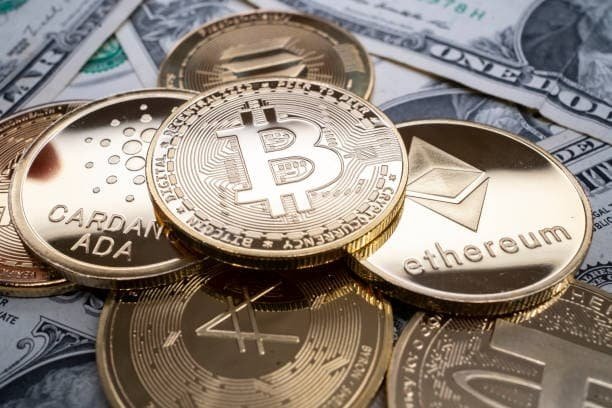Transactions are as fluid as the rivers that carve through landscapes, adapting to every curve and contour without friction. That’s the vision Bitcoin offers, a future where global payments are as seamless and borderless as our modern digital lives. Let’s dive into the fascinating world of Bitcoin and how it’s shaping the future of global payments, one transaction at a time.
Bitcoin, a decentralized digital currency, has been a game-changer since its inception. It’s a currency that operates on a peer-to-peer network, free from the constraints of traditional banking systems. This freedom is not just about bypassing geographical boundaries but also about democratizing access to financial services. With Bitcoin, you can send money across the globe as easily as sending an email, without the need for intermediaries.
Now, let’s talk about the ‘B’ word擝itcoin. It’s not just a buzzword; it’s a revolution in the making. The blockchain technology that underpins Bitcoin is a distributed ledger that records transactions across multiple computers, ensuring transparency and security. This technology has opened up a new frontier in how we think about and conduct financial transactions.
One of the most significant advantages of Bitcoin is its speed. Traditional bank transfers can take days, but with Bitcoin, transactions are confirmed within minutes. This is a massive leap forward for global payments, especially for businesses operating across different time zones. Imagine the efficiency gains when you can settle payments instantly, regardless of where your counterparty is located.
But what about the volatility of btc? It’s true that the value of Bitcoin can fluctuate wildly, but this is where the concept of ‘stablecoins’ comes into play. Stablecoins are cryptocurrencies pegged to stable assets like the US dollar, providing a stable store of value. This innovation allows businesses to leverage the speed and efficiency of Bitcoin’s blockchain while mitigating the risks associated with price volatility.
Another aspect of Bitcoin that’s worth exploring is its potential to empower the unbanked. In many parts of the world, access to traditional banking is limited or non-existent. Bitcoin offers a lifeline to these individuals, providing them with a means to save, invest, and transact in a way that’s never been possible before. This is a powerful testament to the democratizing potential of Bitcoin.
Let’s not forget the environmental concerns. Bitcoin mining has been criticized for its energy consumption. However, the industry is actively working on solutions, such as renewable energy sources and more energy-efficient consensus algorithms. As Bitcoin matures, it’s likely that these issues will be addressed, further enhancing its appeal as a global payment solution.
Now, let’s consider the regulatory landscape. As Bitcoin gains traction, governments and financial institutions are taking notice. While regulations can be a double-edged sword, they also provide a framework for legitimacy and trust. As the regulatory environment evolves, it’s crucial for Bitcoin to adapt and comply, ensuring its place in the future of global payments.
In the realm of Bitcoin, security is paramount. The cryptographic principles that Bitcoin employs are some of the most robust in the digital world. While no system is entirely immune to hacking, Bitcoin’s security protocols have proven to be resilient, providing users with confidence in the integrity of their transactions.
The future of Bitcoin is not just about currency; it’s about a new paradigm for global payments. As we move towards a more interconnected world, the need for a borderless, efficient, and secure payment system becomes increasingly apparent. Bitcoin is at the forefront of this shift, offering a glimpse into a future where financial transactions are as simple and intuitive as the swipe of a screen.
In conclusion, Bitcoin is more than just a cryptocurrency; it’s a catalyst for change in the way we conduct global payments. Its impact is far-reaching, touching everything from speed and efficiency to financial inclusion and security. As we continue to navigate this digital revolution, Bitcoin stands as a beacon, guiding us towards a future where the flow of money is as free as the flow of information.

